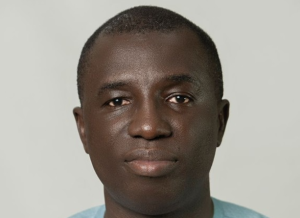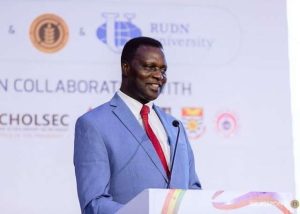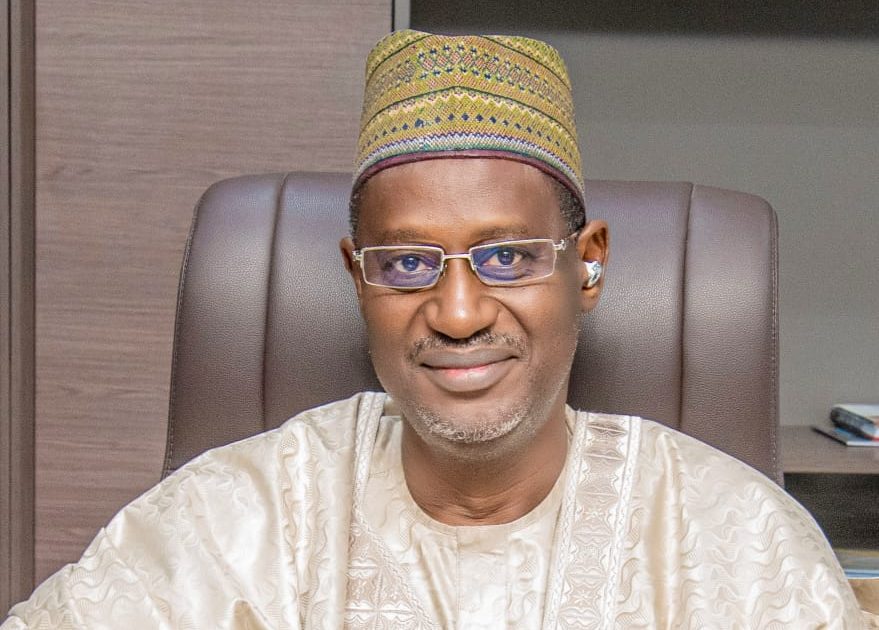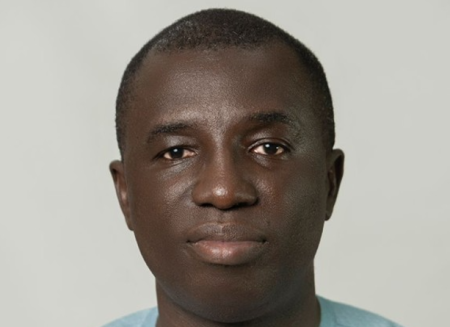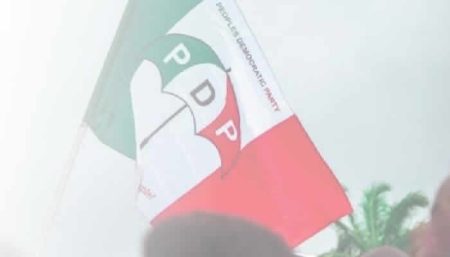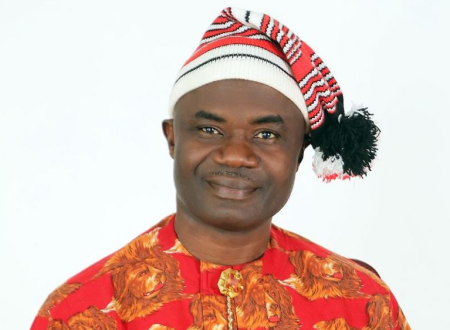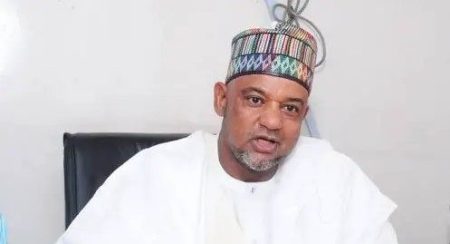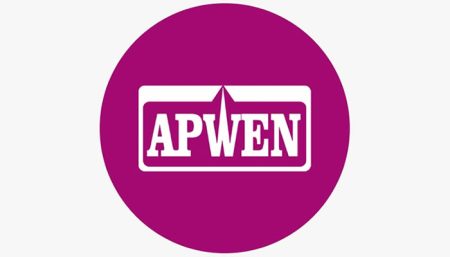Paragraph 1: Addressing Nigeria’s Housing Deficit – A Renewed Hope
Nigeria’s housing sector, long plagued by a significant deficit estimated at over 17 million units, has undergone a substantial transformation in the past two years under the leadership of Housing Minister Ahmed Dangiwa. Dangiwa’s tenure, marked by what he terms “bold reforms,” has seen the implementation of the Renewed Hope Housing Programme, a multifaceted approach designed to accelerate housing delivery across the nation. This program, operating on a three-tiered model encompassing cities, estates, and social housing, has already initiated the construction of over 10,000 housing units across 14 states and the Federal Capital Territory (FCT). This rapid progress starkly contrasts with the previous eight years, which saw the completion of only 3,500 units, highlighting the program’s effectiveness in addressing the pressing housing needs of the Nigerian population. The ambitious initiative signifies a renewed commitment to providing adequate shelter and fostering hope for countless citizens.
Paragraph 2: Flagship Projects and Urban Renewal Initiatives
The Renewed Hope Housing Programme showcases several flagship projects that exemplify the government’s commitment to large-scale housing development. These include the 3,112-unit Renewed Hope City in Karsana, Abuja, designed to provide a modern and integrated living environment for a significant portion of the population. Additionally, a 2,000-unit city project is underway in Ibeju-Lekki, Lagos, addressing the housing demands of the rapidly growing urban center. Kano State benefits from a 1,500-unit city project, supplemented by a 500-unit estate, furthering the program’s reach. Beyond these large-scale developments, 250-unit estates are being constructed across twelve states, including Osun, Delta, Katsina, and Nasarawa, demonstrating a commitment to nationwide housing provision. Complementing these efforts is the National Urban Renewal and Slum Upgrade Programme, aimed at revitalizing over 150 communities across Nigeria. This program focuses on improving infrastructure, including roads, drainage systems, and access to essential services like clean water, solar power, schools, and healthcare centers, contributing to enhanced living conditions and community development.
Paragraph 3: Financial Reforms and Access to Affordable Mortgages
Recognizing the crucial role of financing in housing development, the Ministry has undertaken significant reforms to address weaknesses in Nigeria’s mortgage system. Under the direction of President Bola Tinubu, the Federal Mortgage Bank of Nigeria and the Federal Housing Authority have expanded access to affordable housing finance options. These initiatives include single-digit mortgages, designed to make homeownership more attainable for a wider segment of the population. The zero-down-payment rent-to-own schemes provide an alternative pathway to homeownership for those who may not have the upfront capital required for traditional mortgages. Furthermore, innovative public-private partnership models have successfully mobilized over N70 billion in private capital, leveraging private sector investment to accelerate housing development and bridge the financing gap. These financial reforms aim to empower more Nigerians to achieve their dream of homeownership.
Paragraph 4: Social Housing and Land Reforms: Empowering Communities
Targeting low-income and vulnerable populations, the proposed Renewed Hope Social Housing Programme aims to deliver 77,400 affordable homes nationwide, with 100 units planned for each of Nigeria’s 774 Local Government Areas. This initiative prioritizes affordability, ensuring that housing solutions are accessible to those most in need. Beyond its direct impact on housing provision, the program is projected to generate over two million jobs, stimulating local economies and fostering development in rural and peri-urban communities. Addressing the long-standing challenge of undocumented land ownership, the Ministry is implementing the Nigeria Land Titling, Registration, and Documentation Programme (Land4Growth). This crucial initiative seeks to digitize land registries, streamline approval processes, and unlock the estimated $300 billion in dormant assets tied up in untitled land. This comprehensive approach to land reform is expected to significantly boost economic activity and contribute to Nigeria’s ambitious GDP growth targets.
Paragraph 5: Data-Driven Development and Capacity Building
To enhance planning, investment, and transparency in the housing sector, the Ministry has established the National Housing Data Centre. This centralized digital repository will house comprehensive data on housing, land, and urban development, providing real-time insights to inform government policy, attract investment, and ensure accountability in housing delivery. Recognizing the impact of building material costs on housing affordability, the Ministry has initiated the development of Building Materials Manufacturing Hubs across the six geopolitical zones. These hubs are expected to reduce construction costs by up to 25 percent and create thousands of jobs, further supporting the housing sector’s growth. Furthermore, the Ministry is addressing the shortage of skilled construction workers through the National Artisan Skills Acquisition Programme. This program aims to train thousands of young Nigerians in essential construction trades, linking them directly with housing projects and ensuring a sustainable pipeline of skilled labor.
Paragraph 6: Combating Fraud, Fostering Partnerships, and Building a Sustainable Future
To protect citizens from housing fraud and ensure the integrity of housing projects, the Ministry has finalized the Housing Fraud Reporting Platform, empowering individuals to report fraudulent developers. The Safeguarding FG Lands Initiative, launched in collaboration with the Nigeria Police, aims to recover encroached government land for redevelopment, further strengthening land management practices. Strategic partnerships are also central to the Ministry’s approach. A landmark agreement with Shelter Afrique Development Bank will finance 5,000 affordable homes, expanding access to much-needed housing solutions. Collaborations with UN-Habitat and the World Bank are expected to provide technical and financial support to scale housing and urban reforms. These collective efforts represent a comprehensive and strategic approach to transforming Nigeria’s housing sector, building a foundation for sustainable growth and improved living conditions for millions of citizens.



